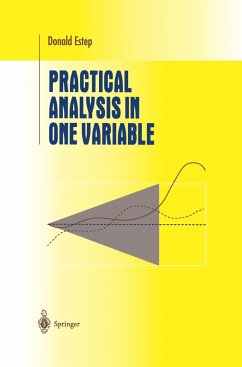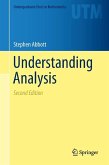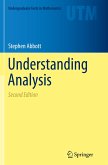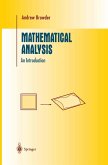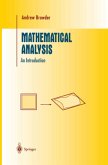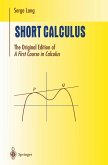Background I was an eighteen-year-old freshman when I began studying analysis. I had arrived at Columbia University ready to major in physics or perhaps engineering. But my seduction into mathematics began immediately with Lipman Bers' calculus course, which stood supreme in a year of exciting classes. Then after the course was over, Professor Bers called me into his o?ce and handed me a small blue book called Principles of Mathematical Analysis by W. Rudin. He told me that if I could read this book over the summer,understandmostofit,andproveitbydoingmostoftheproblems, then I might have a career as a mathematician. So began twenty years of struggle to master the ideas in "Little Rudin. " I began because of a challenge to my ego but this shallow reason was quickly forgotten as I learned about the beauty and the power of analysis that summer. Anyone who recalls taking a "serious" mathematics course for the ?rst time will empathize with my feelings about this new world into which I fell. In school, I restlessly wandered through complex analysis, analyticnumbertheory,andpartialdi?erentialequations,beforeeventually settling in numerical analysis. But underlying all of this indecision was an ever-present and ever-growing appreciation of analysis. An appreciation thatstillsustainsmyintellectevenintheoftencynicalworldofthemodern academic professional. But developing this appreciation did not come easy to me, and the p- sentation in this book is motivated by my struggles to understand the viii Preface most basic concepts of analysis. To paraphrase J.
From the reviews: MAA ONLINE "I confess that when I first started reading this book I was intrigued by the new approach of real analysis but did not quite see what it might be good for. In the end, however, I was convinced that it could be a very good textbook, especially in courses taken mostly by engineering majors: I am sure these students would find the approach to the book attractive and motivating."

